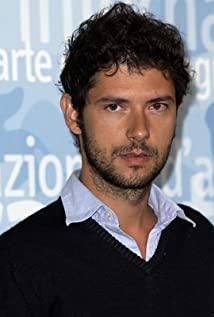If the theme of the movie can be refined according to personal taste, I think the theme of this movie is-many tyrannical.
The big scene at the beginning of the movie is magnificent, majestic, and solemn, like a military parade in a prosperous empire, but it is just a dilapidated dream, and all the people in the background are bullying the poor worm named Dreyfus.
After that, a large number of crowd shots appeared in the film, and the crowd always gave people a kind of oppression, so that they could not breathe:
The protagonist Picard complied with his own conscience. It seemed that he decided to stand on the side of justice easily. This is personal courage, and on the one hand, it is also due to the not too tense political environment.
The scene where Picard turned to leave the general was like the scene in Kubrick's "Road to Glory."
The light and shadow of the film are very similar to solemn oil paintings. This arrangement is like "restore history". In other words, it is a coffin to conclude history with the sense of oil painting, but the interesting thing is that these pictures always smell some funnyness. :
This seems to be refuting the "coffining the coffin" itself. The seemingly nailed history is actually nothing more than a projection of the emotions of the masses.
The end of the film is a reversal of the whole film, and it seems to tell the audience-what you see is what I want you to see.
Dreyfus was projected into a villain by the collective emotions, and Picard was projected as a hero by the masses of today. God knows one day Dreyfus will not become a villain again, and Picard will become a stubborn reactionary. Just like Cui Yongyuan's mother taught him: "Don't think that the people like you, you are amazing, this group of people, Liu Shaoqi has been defeated by them."
I don’t want to think of Polanski’s dilemma at this time. I only remember Polanski once commented on "Eavesdropping Storm." He said that in that political environment, no monitor would conscientiously find out. In "The Accusation", the reason Picard can conscientiously find out is only because of the "not bad" political environment. In fact, his "sense of justice" finally became the capital for him to step into the bureaucracy...
Perhaps "justice" itself is as described by Serasumachos-but it is the benefit of the strong.
In most times, the strong are the "people."
View more about An Officer and a Spy reviews











